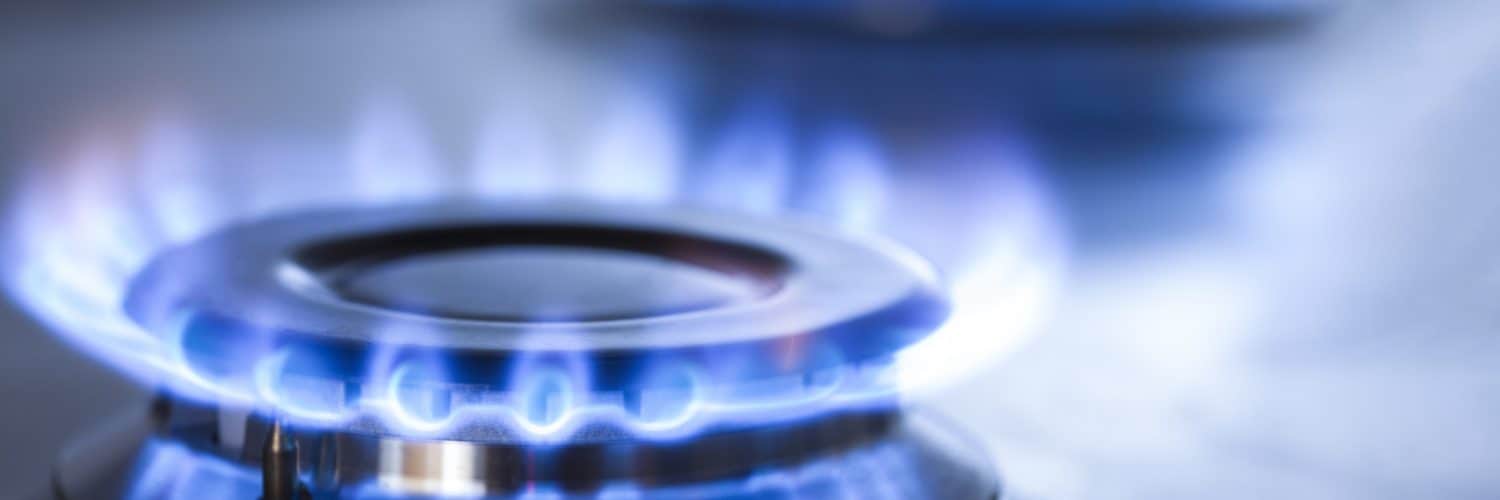Prompt month has rolled over to September and Henry Hub natural gas futures are trading at US$8.24/MMBtu as of 2:00pm EDT Thursday afternoon, down over 30 cents from yesterday’s close of US$8.554/MMBtu. Natural gas futures surged on Tuesday, reaching a 14-year high of US$9.752/MMBtu, as extreme heat has caused US power demand to reach all-time highs this summer. Record coal prices and global supply uncertainty remains as Russia has cut gas supplies to Europe to 20% of capacity, further contributing to elevated pricing. Russian state-owned producer Gazprom said the latest cut was needed to allow maintenance work on a turbine; however, the German government stated there was no technical reason to further reduce supply. The EIA reported the United States became the world’s largest liquified natural gas (LNG) exporter in the first half of 2022. LNG exports increased by 12%, averaging 11.2 Bcf/d in the first half of 2022 compared to the second half of 2021. Demand for US LNG exports continues to grow due to increased global natural gas and LNG prices, particularly in Europe. Despite high global gas prices, the US cannot export any more LNG due to current capacity constraints. The risk of market volatility remains as US dry gas production is inconsistent, currently averaging 95.5 Bcf/d, and storage inventories remain below historical levels.
The EIA estimated working gas storage was 2,416 Bcf for the week ending July 22nd, following an overall injection of 15 Bcf. The bullish build was below market expectations averaging 22 Bcf and less than the five-year average injection of 32 Bcf. Natural gas storage remains at low levels, 10.8% below year-ago levels and, relative to the five-year average, 12.5% less.
In Canada, prompt-month futures for AECO are trading at C$5.46/GJ, while Dawn is trading at C$10.29/GJ. Prices have risen, with week-over-week increases of $0.44/GJ and $0.74/GJ at AECO and Dawn, respectively. Point Logic reports Canadian natural gas storage for the week ending July 22nd was sitting at 412 Bcf, after an overall injection of 22 Bcf. Eastern Canadian storage had an injection of 12 Bcf, and Western Canadian storage had an injection of 10 Bcf. Storage inventories are 21% below the 5-year average and 17% below storage levels last year at this time. Canadian storage is 47% full, with Eastern storage levels now at 64% of capacity and Western storage 41% full. An injection of 20 Bcf is expected for the week ending tomorrow.
– Karyn Morrison, Energy Advisor








Add comment